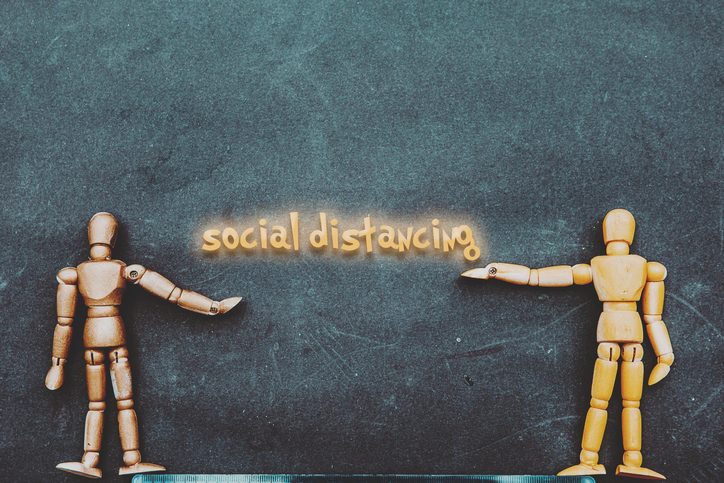Individual freedom during a pandemic calls for personal sacrifices

For three months we’ve been under coronavirus restrictions that have tightened all the way to shelter in place and loosened to reopen nearly every enterprise of society. The tightening was based on medical science, proven practices to keep us safe from the COVID-19 contagion. The loosening was based on other factors.
Some people think loosening restrictions is justified because the threat of the virus is overblown. Some go as far as to call it a politically motivated hoax. Others compare the death rate of COVID-19 to heart disease, cancer or auto accidents and wonder why all the fuss. We live with risk all the time, they say.
More challenging is the economic havoc this disease is wreaking. Businesses that had to close may never recover. Retirement funds have been hit hard. Government stimulus payments have raised the floor, but the national debt has shot through the ceiling.
We heard that we needed to see at least two weeks of declining infection rates before we could safely reopen. But we tired of our social distancing and chafed under the wait.
The week that businesses began to throw open their doors, we had the highest rate of new infections. In the face of that rising rate, dissenters claimed we only saw increases because we had more testing. Even if that were so, that means far more people than we realized were walking around asymptomatic, posing a danger to others.
The real rub seems to be this: We interpret our personal freedom as an absolute right and see any elected official or restrictive law as an infringement upon our liberty.
Here’s where the duplicity comes in. We celebrate a white salon owner who breaks the law and think a black judge overreached by enforcing it. At the same time, more than 200 inmates in county jail — mostly minorities convicted of nonviolent crimes — have contracted the virus in an environment where social distancing is impossible. The same people who flout one law in the name of liberty want to hold the line on the incarcerated in the name of law and order.
What is the role of religion in this confusing and concerning time? Faith leaders hear a familiar refrain that we should stay in our lane: Just provide spiritual encouragement for the anxious and lift our eyes toward heaven. Biblical faith, however, is rooted in social, not just personal, morality. We honor God when we care for our neighbor. That calls for personal sacrifice of our privilege if exercising our privilege endangers others. “All things are lawful for me,” the apostle says, “but not all things are beneficial.”
Our elected officials are neither tyrants to be overthrown nor puppets to be controlled. In a democratic republic, they are us. We need leaders to serve us by telling us hard things and calling us to care for the common good. Barring that, we are left to ourselves.
If it’s up to you, what will you do?





